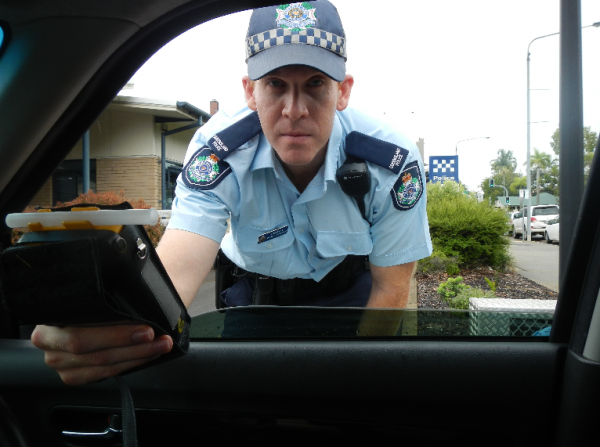Where there’s a will it won’t always decide the way.
The reality of wills is, in many instances, the courts will intervene to reallocate the assets of a person who has passed-away.
While this has drawn criticism in some quarters – with media commentators taking issue with the court’s powers to overrule a person’s wishes – it also means relatives of the deceased are not treated unfairly.
Get in touch with one of our solicitors now
For example, in 2012 the New South Wales courts reinterpreted a mother’s will after she chose to leave her home to two of her children and disinherit a third. In the case in question two of those children lived with their mother while the third child had been estranged from her for 38 years.
The estranged daughter was eventually given $175,000 from an estate worth just over $600,000.
Key to the court’s decision was the sense that the estranged daughter was unemployed and in need of financial help.
Click the links below to read the other posts on our blog:
> The 11 things you should know before getting a divorce
>Man’s surprising defence to drink-driving
> Your rights if police stop you for a random drug search
>Five things you should know before posting on social media
In a contrasting case, in 2017, the Supreme Court of Queensland upheld that a man’s unsent text message disinheriting his wife – in favour of his brother and nephew – was a valid will.
In the unusual case the man in question had committed suicide, however, the court found this was insufficient evidence to find he was mentally incapacitated when he drafted the text.
The court placed a heavy amount of weight on the specific nature of the text – it referred to the man’s house and superannuation and had been labelled as a will.
“It’s important to note the courts won’t just jump in and reinterpret any will – people looking to challenge one have to successfully file a family provision application to show cause that a court should reinterpret the will,” Steve Hodgson from Strategic Lawyers said.
“And if there’s a take-away message from the caselaw it is that it’s always worth getting real legal help.
“There are ways to ensure that your will can be strengthened against a potential family provision application, if you believe that a disgruntled relative may challenge it.”
This would mean your wishes are followed after you pass-away.
“The legislation provides a mechanism that allows any interested party – a spouse, child, or a dependent – to challenge a will if proper provision was not made to them by the will-maker,” Mr Hodgson said.
“However, a legal challenge of that nature does require expert legal advice to ensure it is made properly or defended properly as the case may be.”



